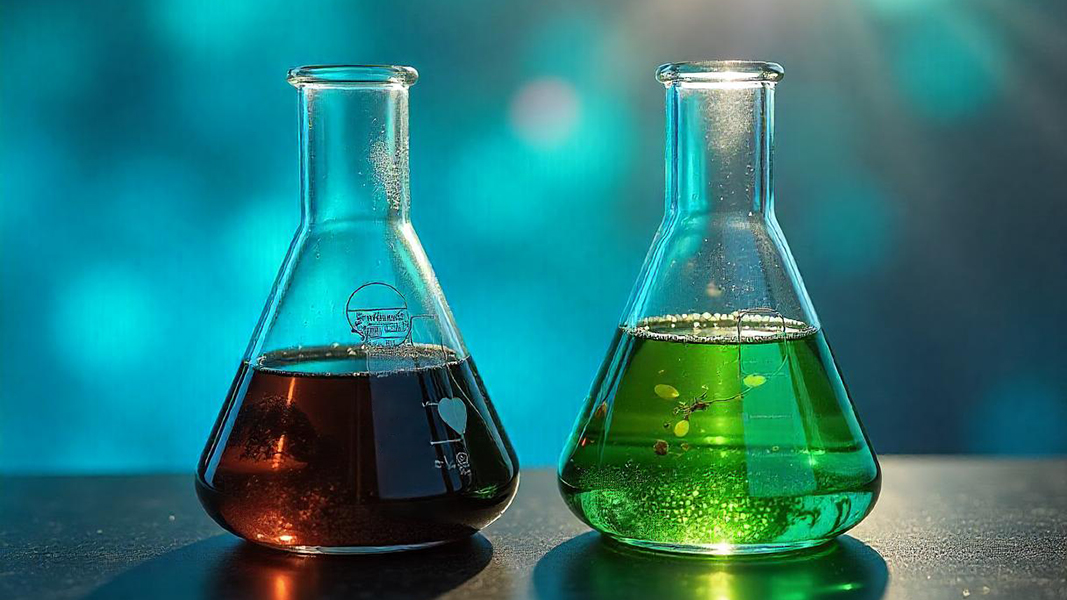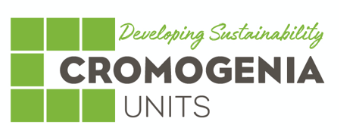Sustainable polyurethanes from vegetable oils
Research and development of new bio-polyols derived from vegetable oils for the production of polyurethane adhesives and coatings.

The main objective of this project is to research and synthesize new genuinely sustainable bio-polyols through chemical modification of unsaturated vegetable oils. Furthermore, the project aims to develop, from the synthesized bio-polyols, new polyurethane (PU) adhesives and/or coatings for use across a wide range of industrial sectors, including adhesives for industry, construction, building, textiles, and more.
Most plastics are currently produced from petroleum-derived products, making theirproduction dependent on finite resources. In addition, the versatility of plastics has led to an increase in their consumption, resulting in a significant rise in environmentalpollution due to the emission of harmful substances associated with the global growth in petrochemical compound production.
To address the challenges posed by the use of petrochemical-based polyols in themanufacture of polyurethanes — and in light of the limitations in current sustainablebio-polyol technologies — the ADCOPU project proposes the development of varioustypes of genuinely sustainable, safe, and functionalized bio-polyols. The goal is toreplace conventional polyols derived from fossil and toxic raw materials used in theproduction of polyurethane adhesives and coatings.
This project has been carried out in Barcelona by the R&D Department of CROMOGENIA, S.A.
The total duration of the project was 24 months, with a total budget of €603,212, partially co-financed by the European Regional Development Fund (ERDF) and by the Centre for the Development of Industrial Technology (CDTI), with the supportof the Ministry of Science, Innovation and Universities.

